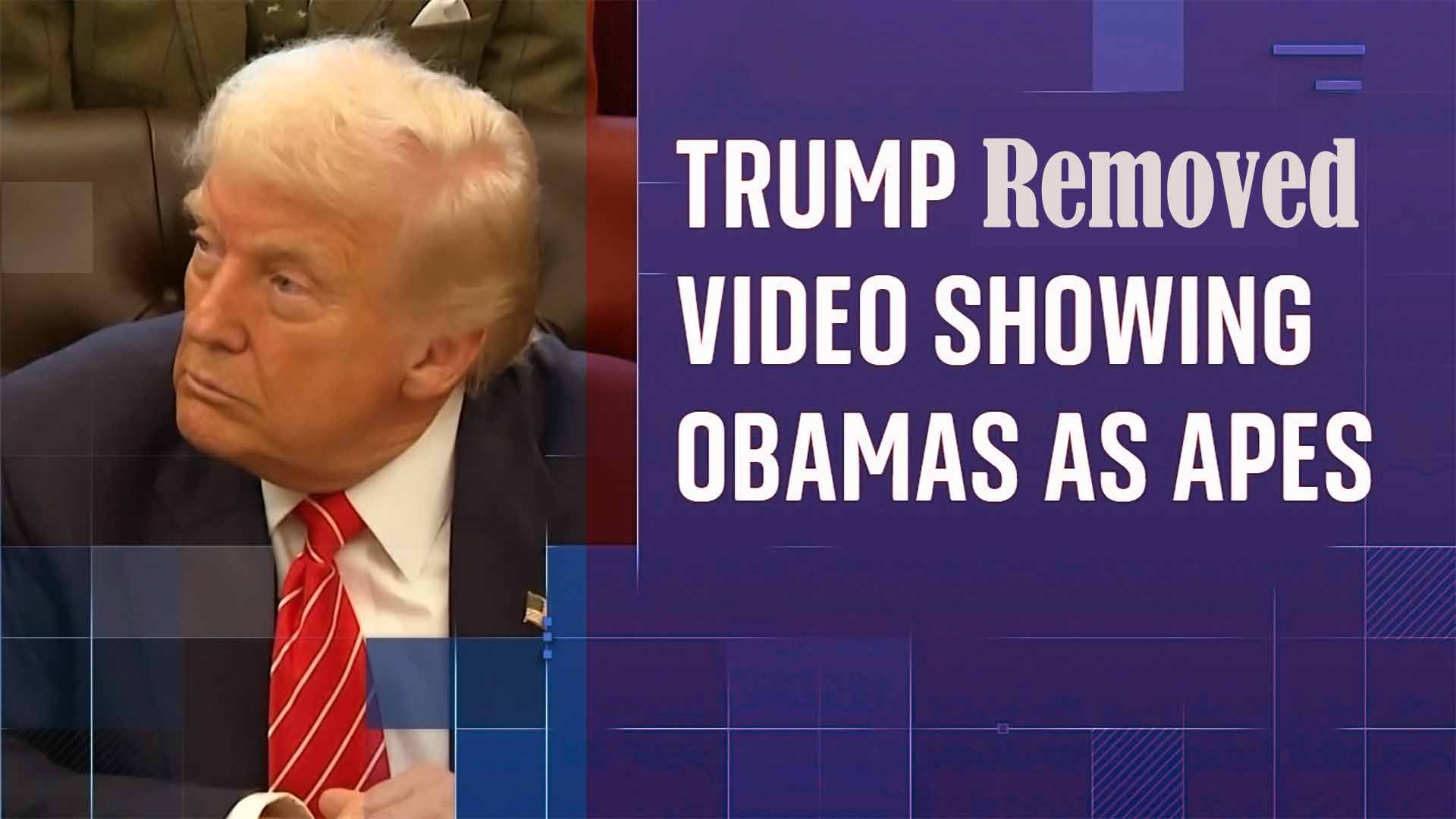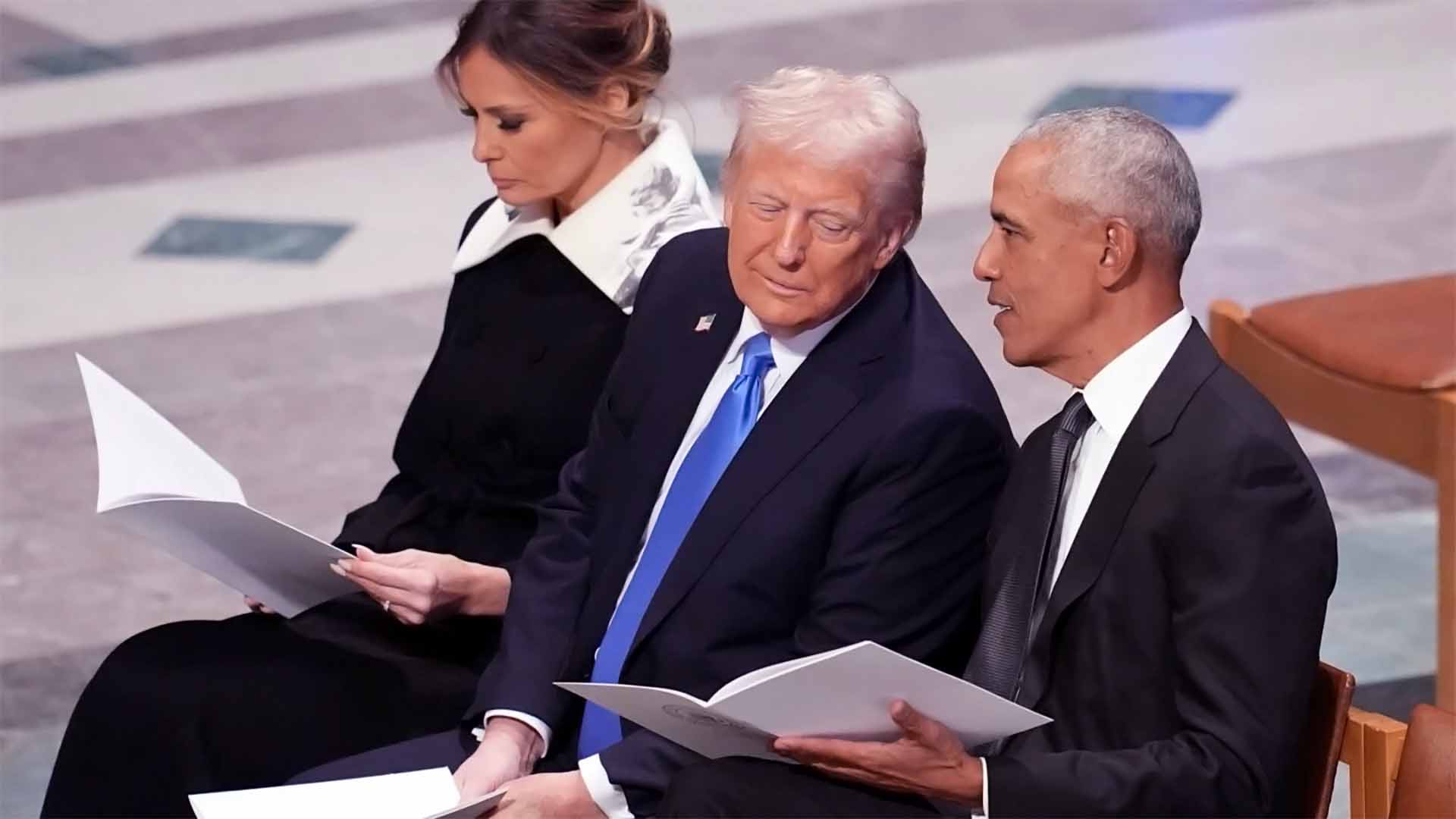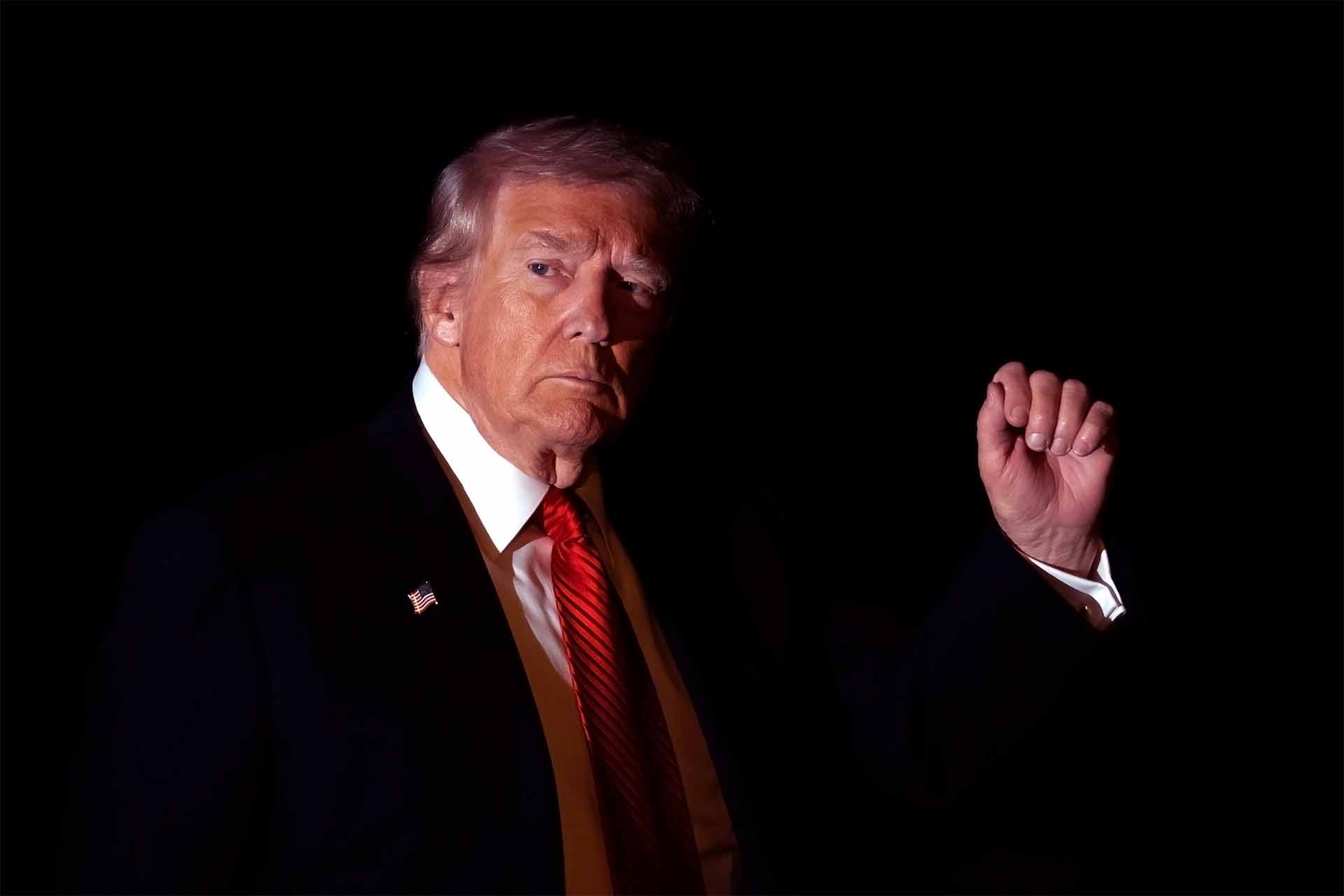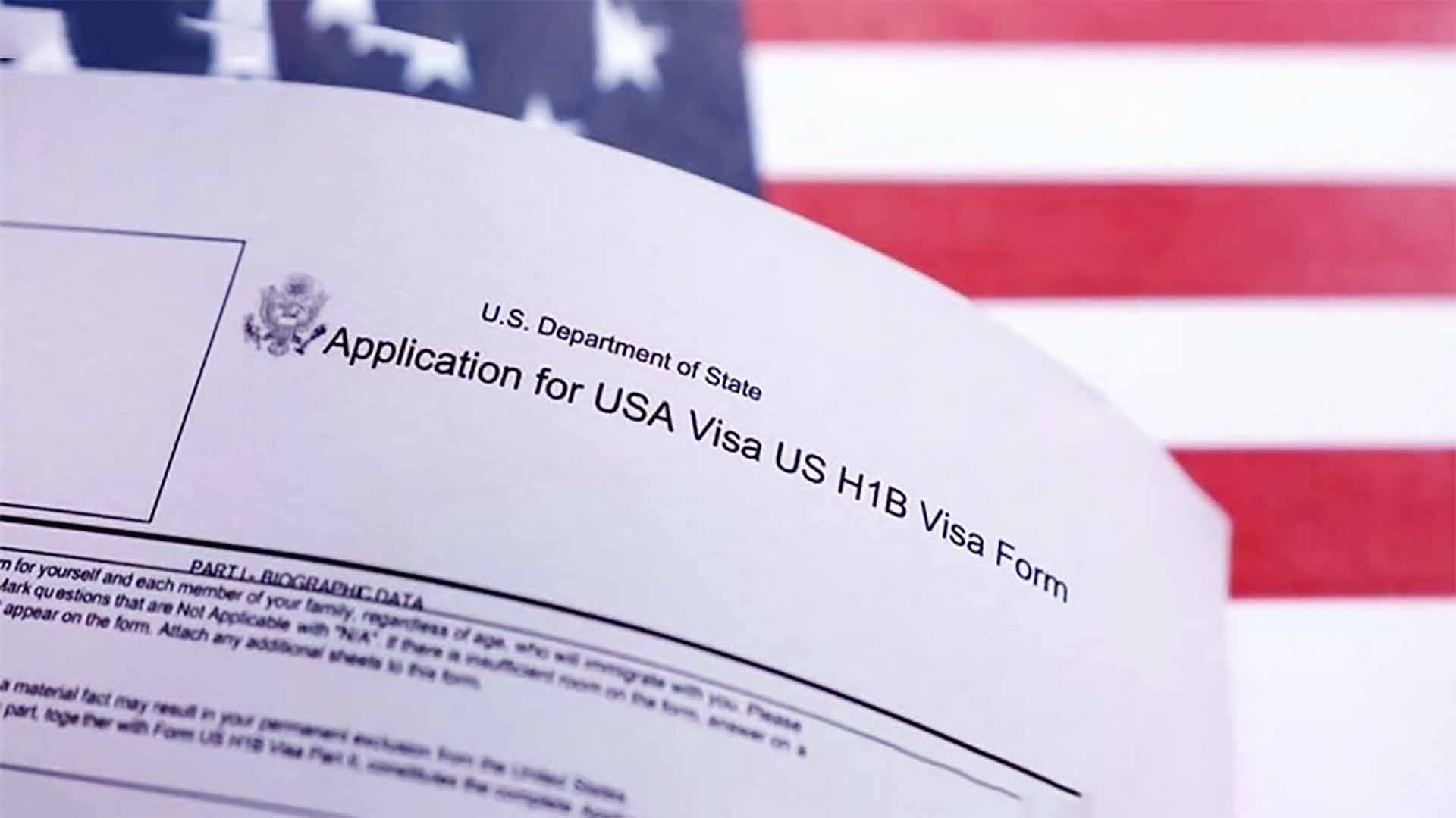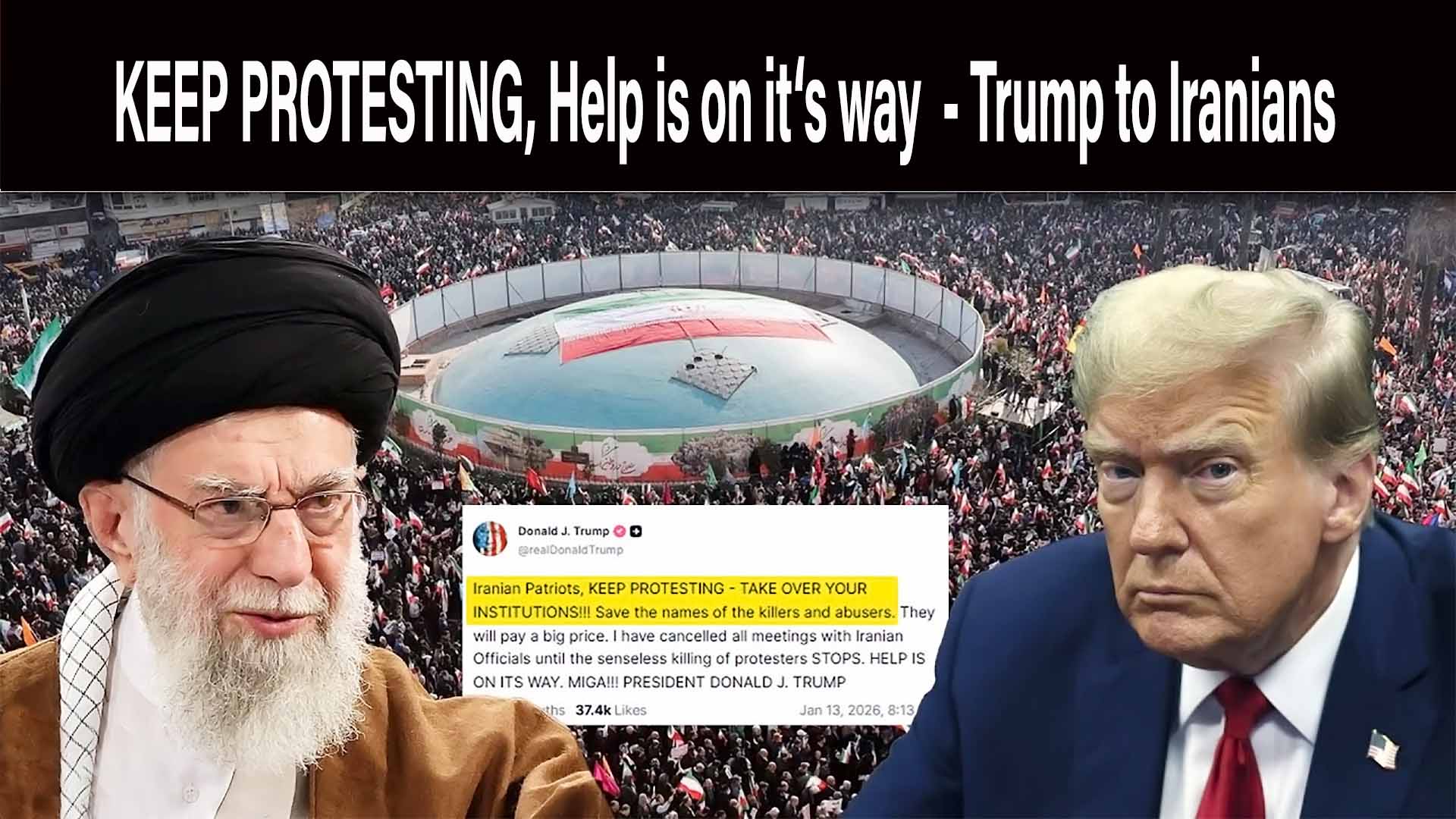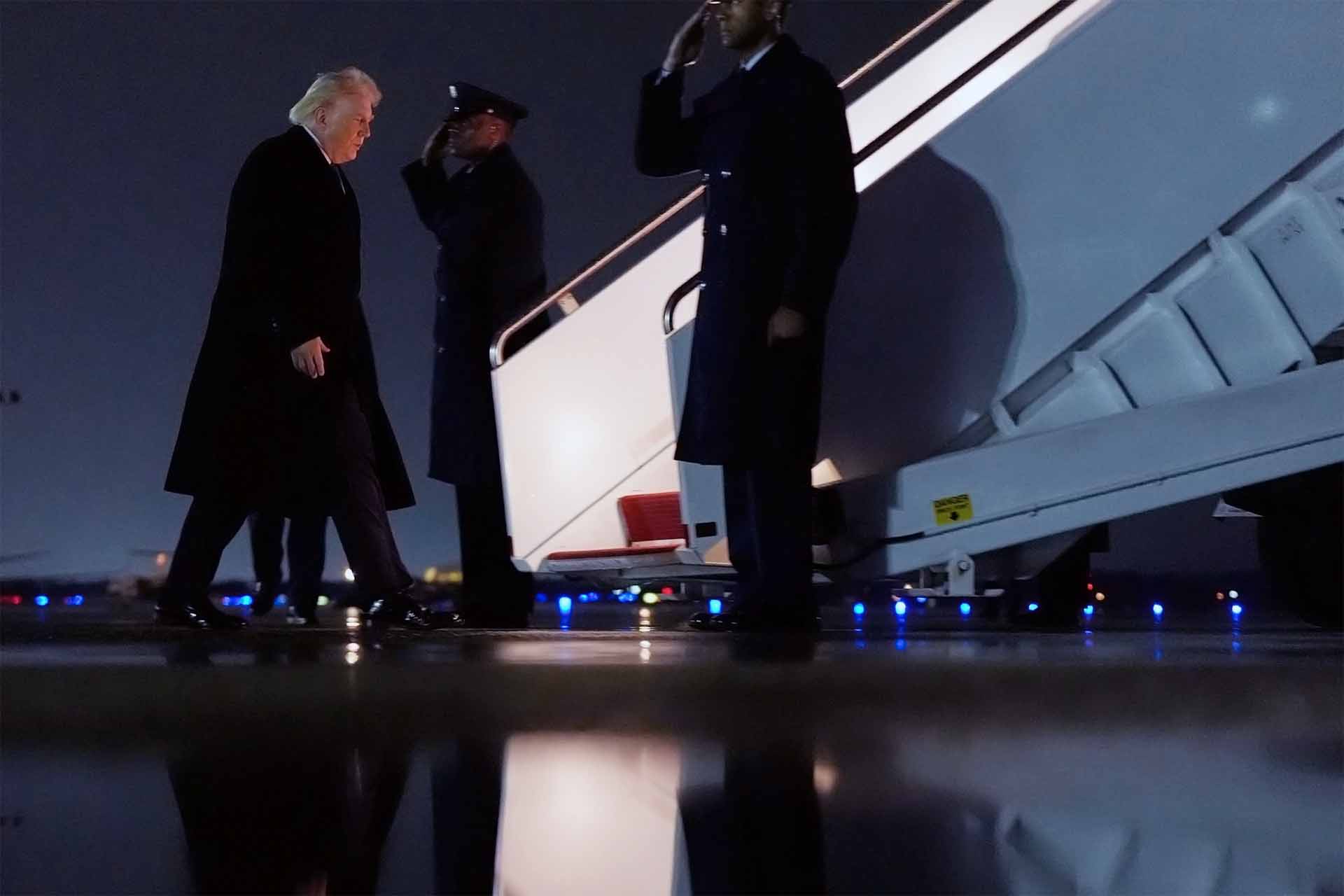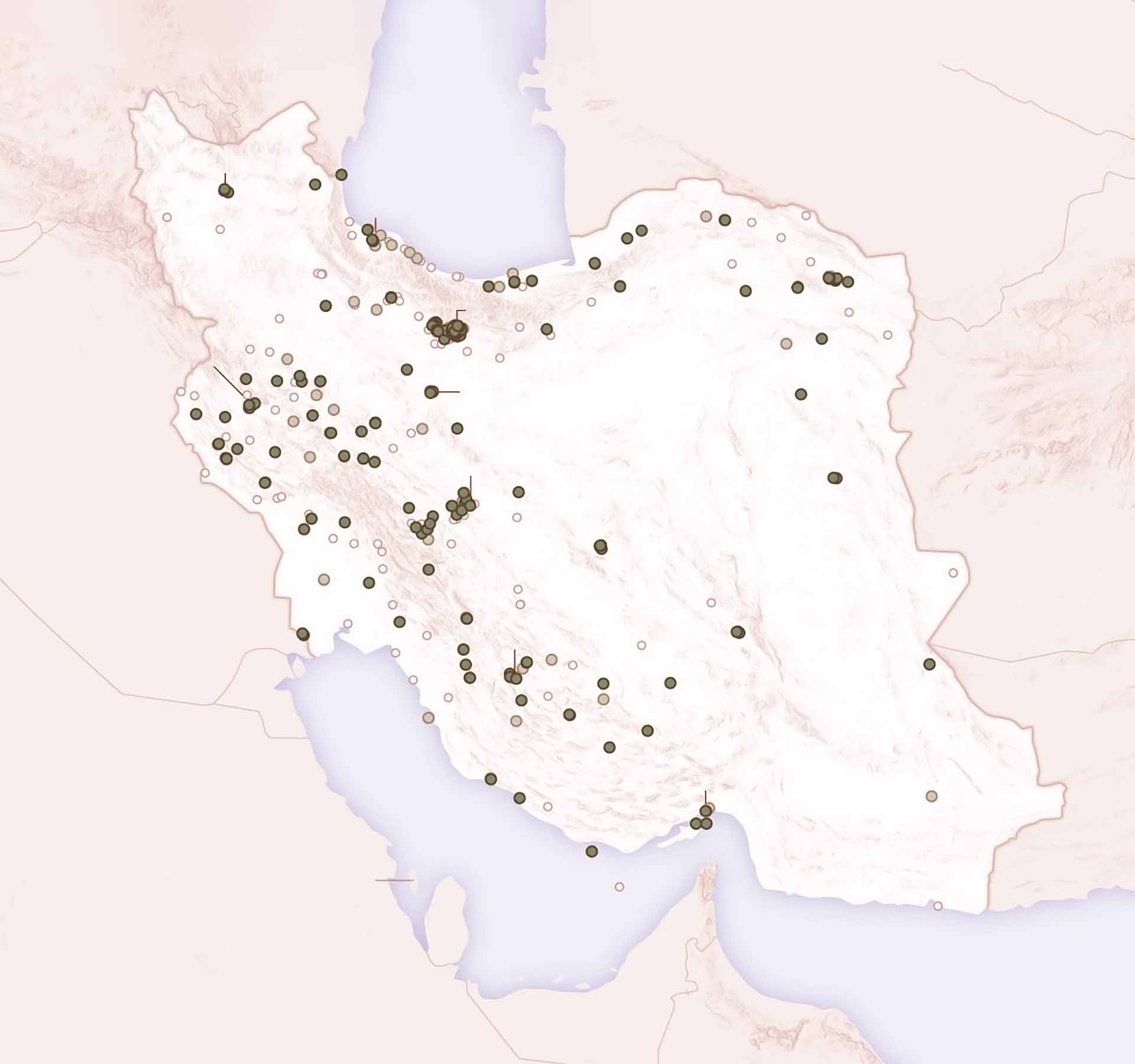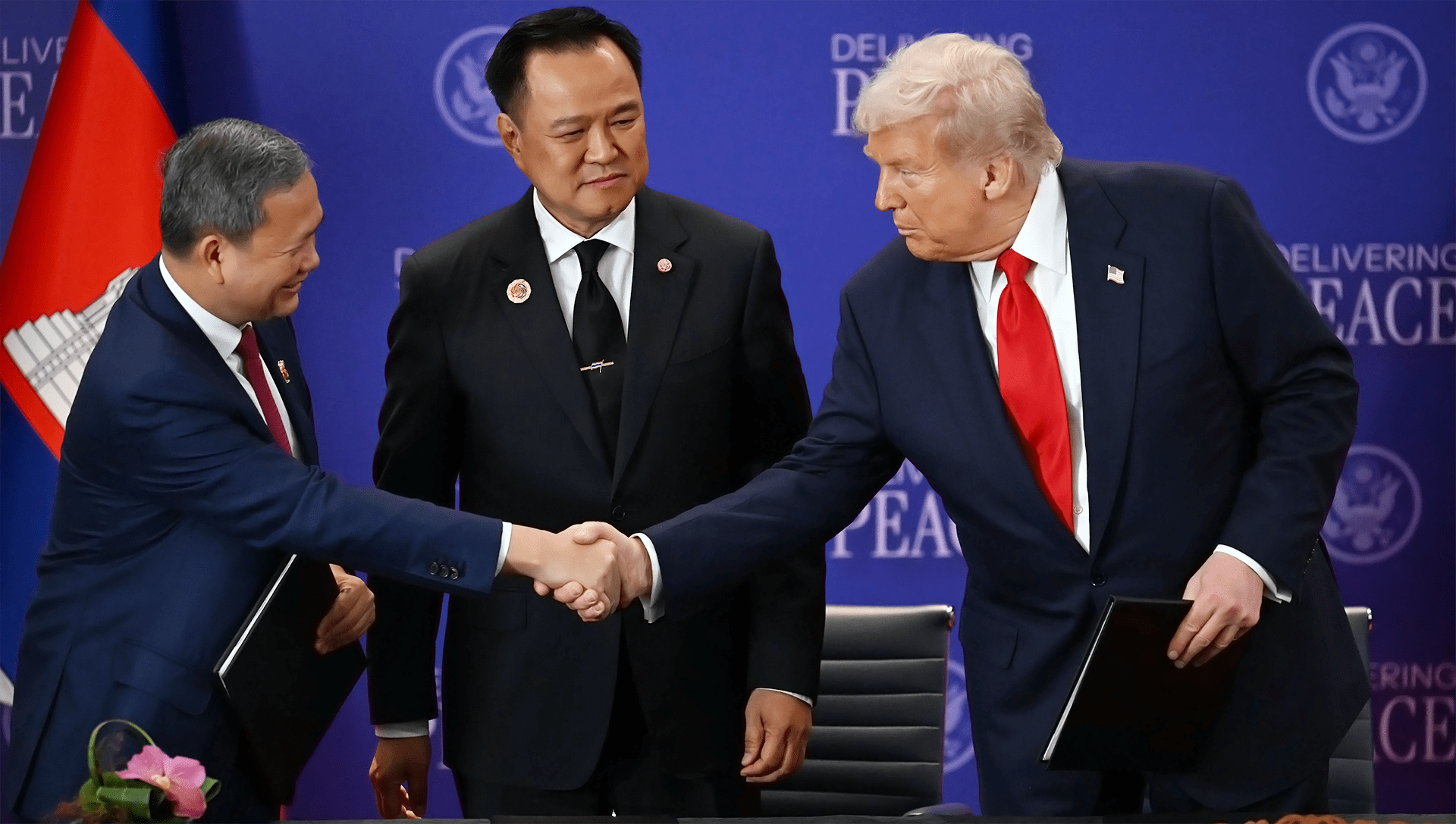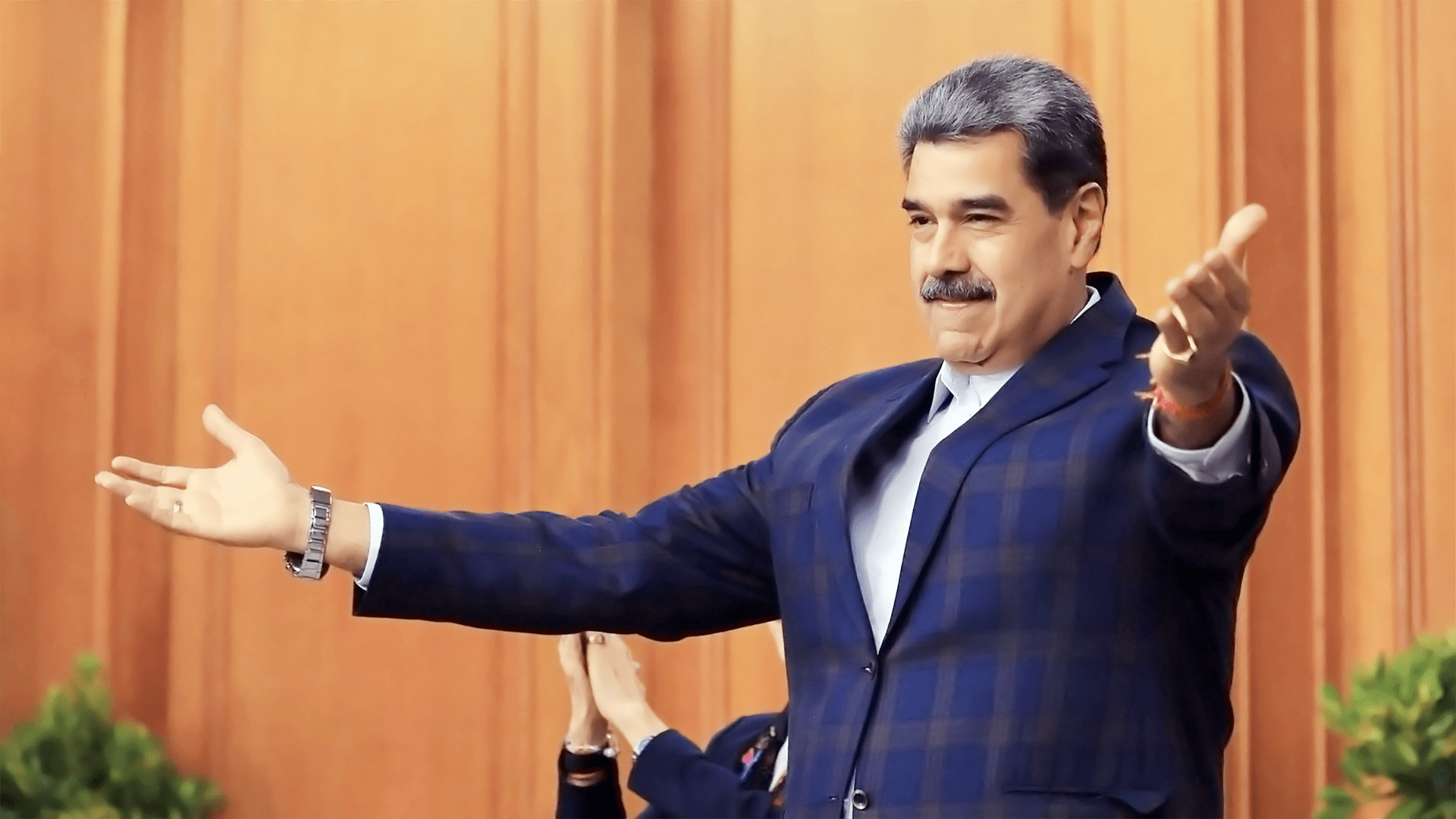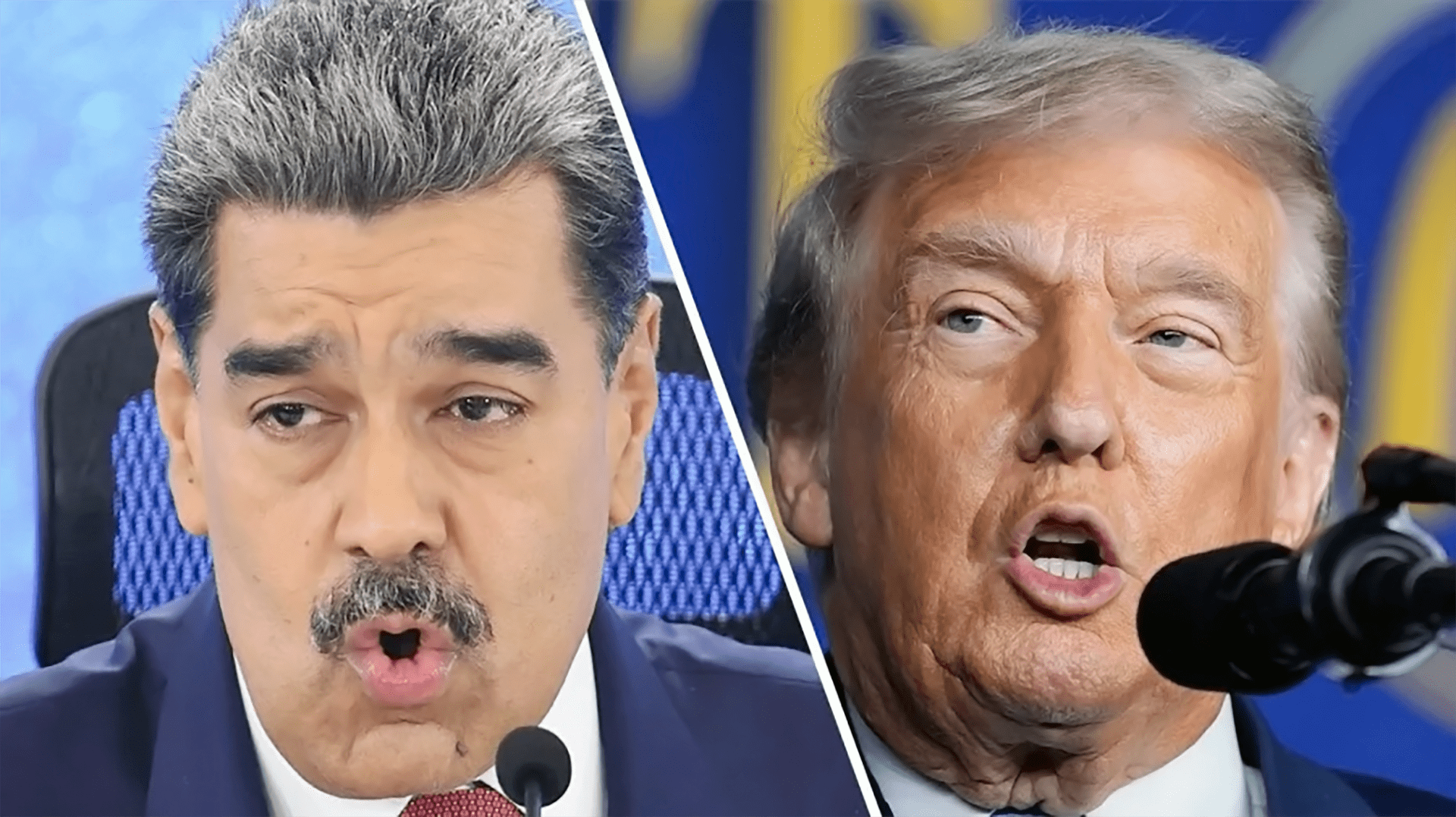US President Donald Trump has removed a social media video that included a racist clip depicting Barack and Michelle Obama as apes. The clip, set to the song “The Lion Sleeps Tonight,” appeared at the end of a 62-second video he shared, which included claims about voter fraud in the 2020 presidential election.
Speaking to reporters on Friday, Trump stated, “I didn’t make a mistake.” He added that he had only seen the beginning of the video before it was posted by a staff member and was unaware that it contained the depiction of the Obamas.
Backlash from Republican Senators
Republican Senator Tim Scott, who is Black, called for the president to remove the post, describing it as “the most racist thing I’ve seen out of this White House.” Initially, the White House defended the clip as an “internet meme video” and urged critics to “stop the fake outrage.”
After strong criticism, including from some Republican senators, Trump’s post was taken down from his Truth Social account. A White House official said a staff member mistakenly made the post.
The clip resembles racist images that compare Black people to monkeys. It seems to have come from a post by conservative meme creator Xerias on X in October.
The video shows several prominent Democrats as animals, including Alexandria Ocasio-Cortez, Zohran Mamdani, and Hillary Clinton. Joe Biden is also shown as an ape eating a banana.
The Obamas have not commented on the video.
This video was one of many uploaded to Trump’s Truth Social account overnight.
While on Air Force One, the president said, “I look at a lot of thousands of things.” He mentioned that after watching only part of the video, he let his team review it. He liked the video’s message about voter fraud, but he acknowledged that if his staff had seen the entire video, “probably they would have had the sense to take it down.” He added, “We took it down as soon as we found out about it.”
Criticism Across the Board
Some members of Trump’s own party criticized a recent social media post. Senator Tim Scott, a Republican from South Carolina and an ally of Trump, said he hoped the post was fake because it was “the most racist thing I’ve seen out of this White House.” He added, “The President should remove it.”
New York Representative Mike Lawler, another Republican, called the post “wrong and incredibly offensive, whether intentional or a mistake” and said it “should be deleted immediately with an apology.”
The criticism did not stop even after the post was taken down. Senator John Curtis from Utah tweeted that the video was “blatantly racist and inexcusable.” He stated, “It should never have been posted or left published for so long.”
According to CBS, the BBC’s US partner, Florida Representative Byron Donalds, a Trump supporter who is running for governor, called the White House after the video was posted. He learned that a staffer was responsible and had “let the president down.”
The BBC has asked the White House how many people have access to the president’s account and what the approval process is for posts.
Earlier that day, White House Press Secretary Karoline Leavitt described the clip as “an internet meme video depicting President Trump as the King of the Jungle and Democrats as characters from The Lion King.” She urged critics to “please stop the fake outrage and report on something today that actually matters to the American public.”
Trump is a Malignant Bottom Feeder – Jeffries
House Minority Leader Hakeem Jeffries accused Trump of racism after Trump shared an AI-generated image of him with a mustache and sombrero. Jeffries called Trump a “vile, unhinged, and malignant bottom feeder.” He urged all Republicans to condemn Trump’s bigotry.
The video in question includes false claims about a voting conspiracy in Michigan from the 2020 presidential election. These claims were proven wrong during Dominion Voting Systems’ successful lawsuits against some media companies.
Trump has a long history of attacking Obama. Before his first term as president, Trump made false claims that Obama was born in Kenya and was therefore ineligible to be president. He later admitted that Obama was born in the U.S.
